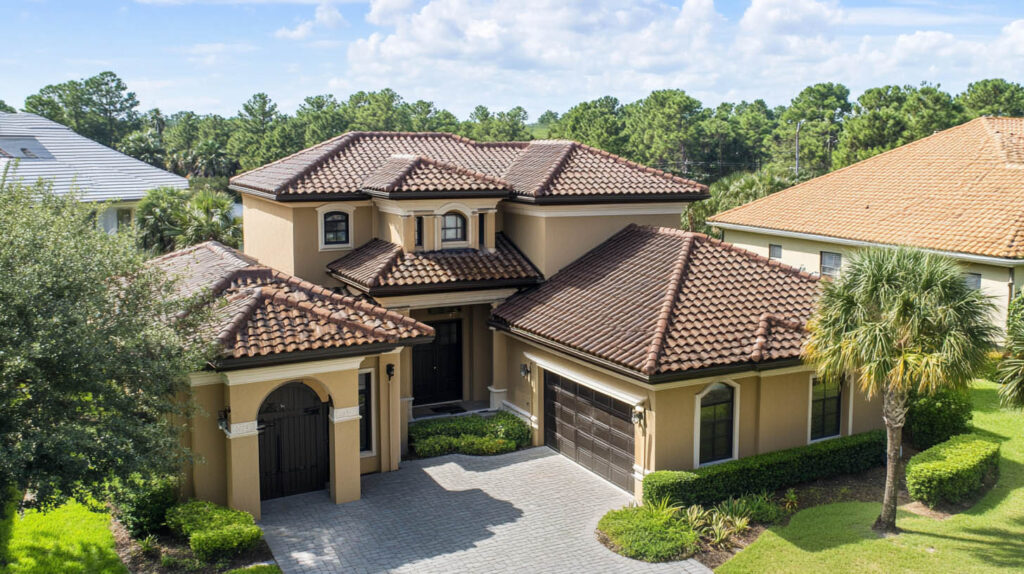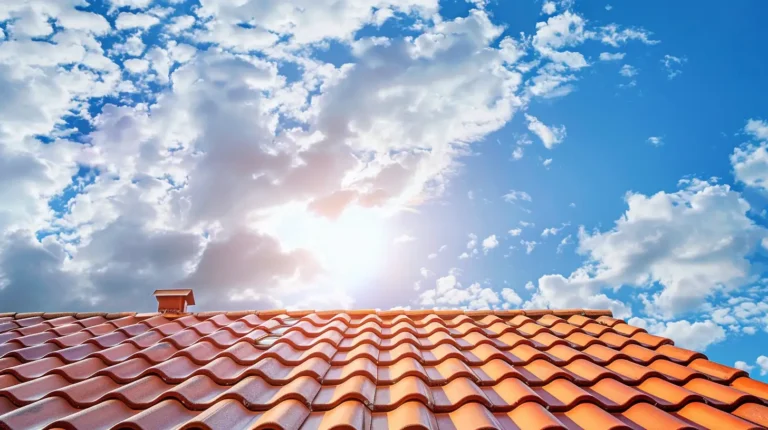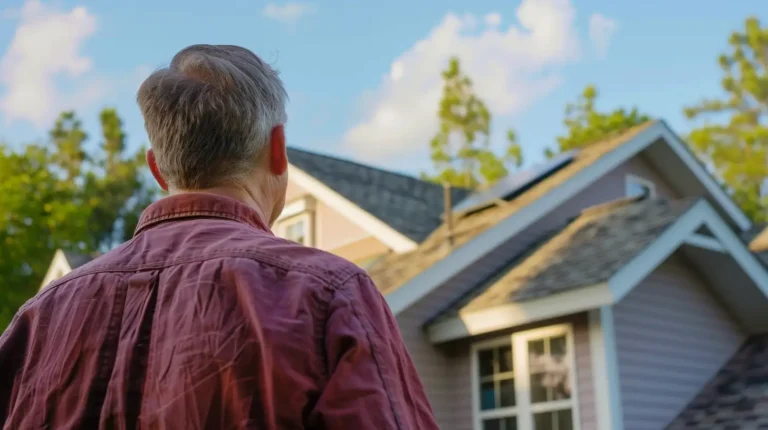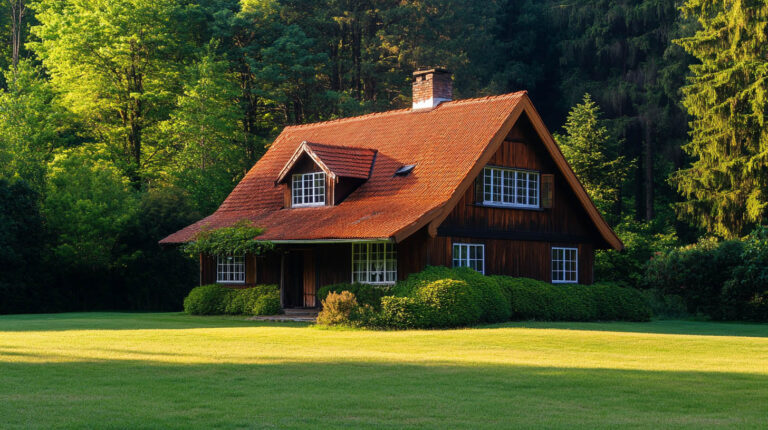
Blog
What to Expect During a Professional Roof Inspection in Jacksonville
A professional roof inspection is essential to ensure that your Jacksonville home remains safe, weatherproof, and in optimal condition. Regular inspections help detect issues early, saving on costly repairs and prolonging your roof’s lifespan. Avenue Roofing, Jacksonville’s premier roofing specialist, provides homeowners with detailed inspections to catch potential issues and maintain the roof’s strength and resilience.

Why Are Roof Inspections Necessary?
Roof inspections are critical for several reasons, including:
- Preparation for Hurricane Season: Inspections are essential before and after hurricane season to assess and address potential storm damage.
- Detecting Wear and Tear: Regular inspections help identify issues like buckling, cracking, or missing shingles, preventing further deterioration.
- Maintaining Warranty Compliance: Many warranties require regular inspections for coverage.
Interesting Fact: According to the National Roofing Contractors Association, annual roof inspections can extend a roof’s lifespan by up to 20% by detecting and repairing minor issues early.
Key Components of a Roof Inspection
1. Structural Integrity Check
A critical aspect of roof inspections involves assessing the roof’s structural soundness. This includes examining roof trusses, supports, and looking for signs of sagging or buckling. Inspectors will also check soffits, fascia, and gutter systems for signs of rot or weakness, which are especially common in Jacksonville’s humid climate.
2. Material Condition Evaluation
The inspector closely examines the roofing materials, which vary based on the type of roof:
- Asphalt Shingles: Signs of buckling, cracking, or curling.
- Metal Roofs: Inspecting for scratches, rust, and loose fasteners.
- Tile Roofs: Checking for loose, cracked, or broken tiles.
- Slate Roofs: Noting any moss buildup and signs of water penetration.
3. Interior Roof Assessment
A comprehensive inspection often includes an attic assessment. Inspectors look for signs of water infiltration, such as brown or yellow stains on ceilings, which can indicate leaks or deteriorating roof underlayment. Damp areas may foster mold and mildew, both of which pose health risks and weaken roofing materials.
How Often Should Roof Inspections Be Scheduled?
- Annual Inspections: To detect general wear and tear and prevent minor issues from escalating.
- After Severe Weather: Inspections following hurricanes or strong winds can identify and address damage before it worsens.
- Home Sale and Purchase: A thorough roof inspection is vital before buying or selling a home to ensure its value and safety.
Frequently Asked Questions (FAQs)
1. How often should I have my roof inspected?
- Twice a year is ideal, especially before and after hurricane season in Jacksonville.
2. What’s the most common roofing issue found during inspections?
- Cracked, curled, or missing shingles are common issues, particularly with asphalt roofs.
3. Can a roof inspection detect leaks?
- Yes, interior inspections often reveal early signs of leaks through stains and moisture marks.
4. Do roof inspections cover gutter systems?
- Yes, the inspector will check gutters for proper drainage and any weaknesses that could lead to mold or mildew.
5. Are roof inspections covered by homeowner’s insurance?
- Generally, inspections aren’t covered, but issues identified that result from storms may be eligible for claims.
Conclusion
Regular professional roof inspections, especially from trusted providers like Avenue Roofing, are essential in Jacksonville’s climate. With a detailed inspection process, homeowners can protect their investment, maintain the home’s structural integrity, and ensure long-term peace of mind.
To learn more about the benefits of choosing a local roofing company in Jacksonville, click here.



